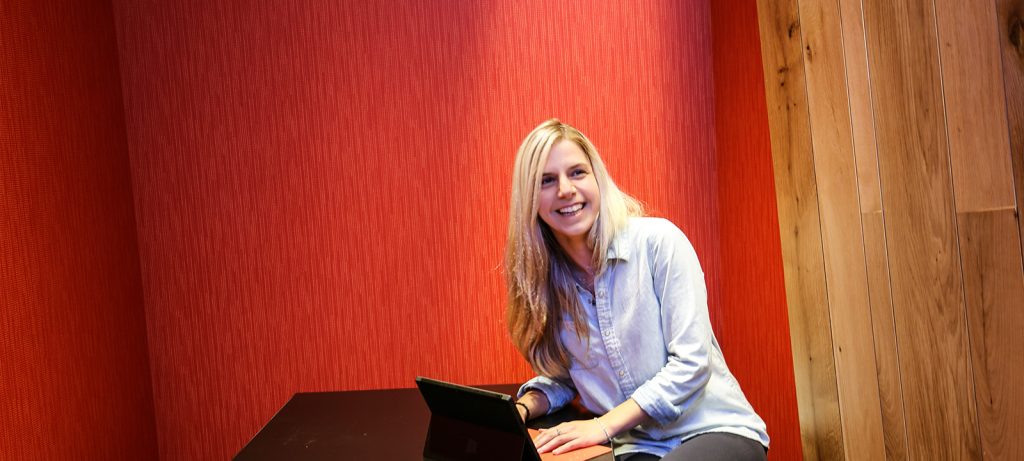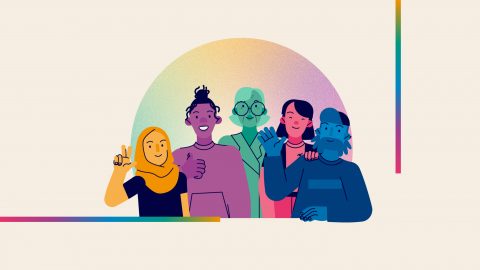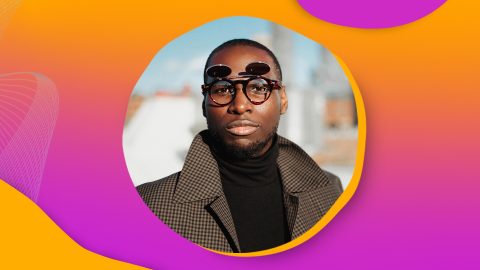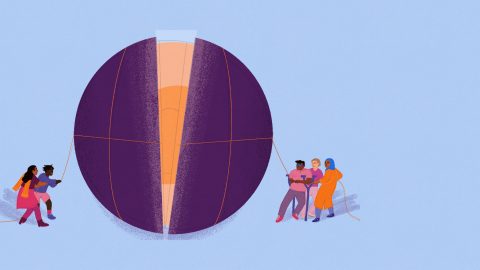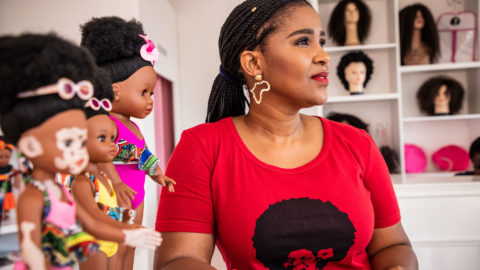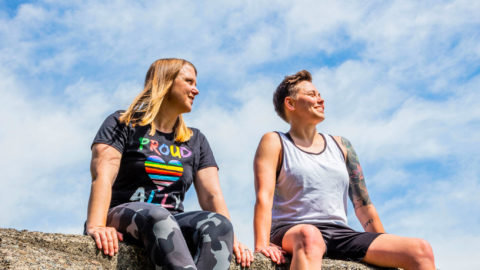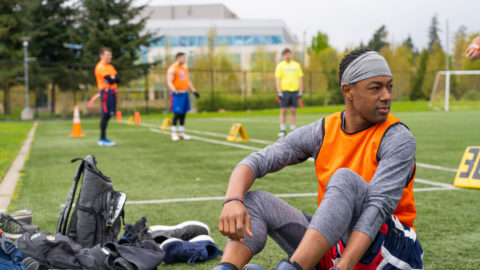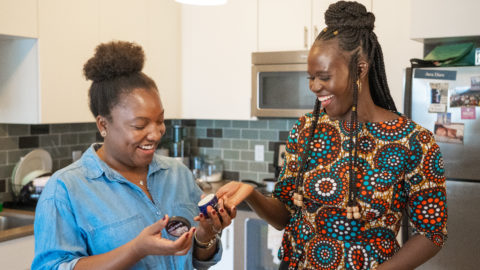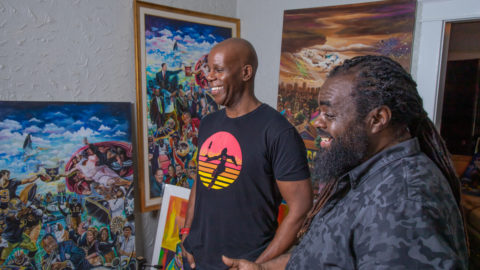Grace Hopper ‘is the reason why I’m at Microsoft’
Inspiration and opportunities await at annual celebration of women in technology
Marie Margishvili was soaking up the energy of thousands of talented women at last year’s Grace Hopper conference and exploring her career options, sitting down for interviews with roughly half a dozen companies.
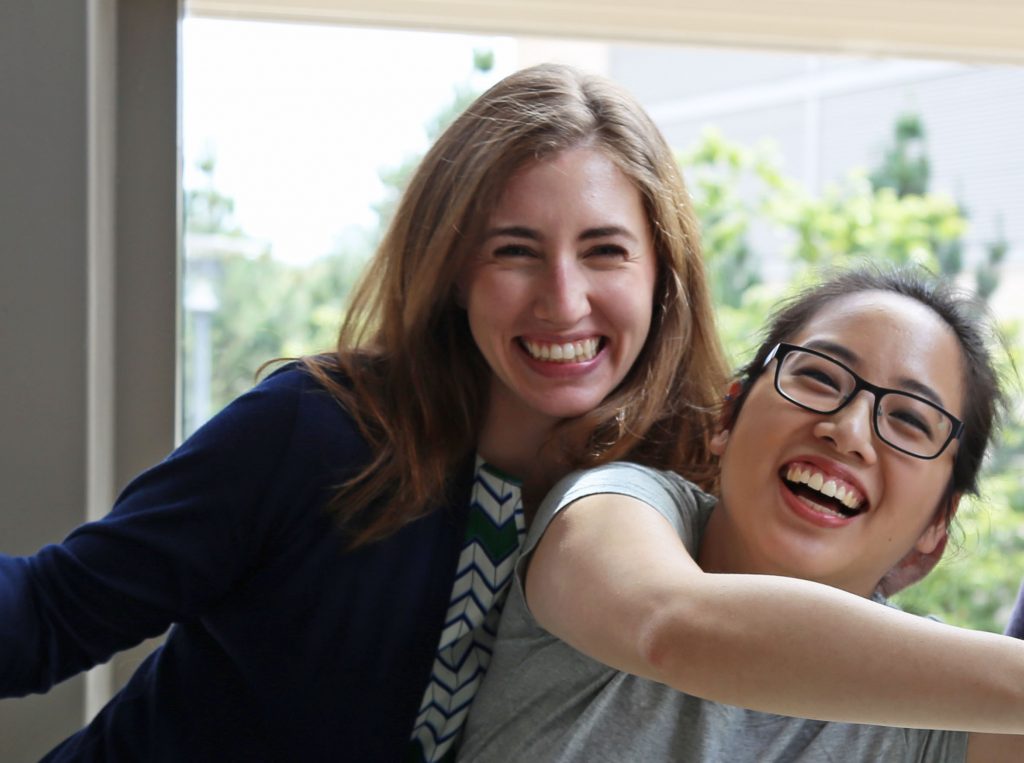
She expected her interview with Microsoft to be just like the rest. She knew it was a big company but had little concept of its culture — or what working there would be like for a computer science major who was used to feeling like a minority among men.
But after she answered questions about technical topics, the interviewer asked about her interests. He took the time to explore what roles would be ideal for her as a programmer and a person. Later, he put her in touch with women in leadership roles at the company to answer any questions she might have.
“It made me realize that rather than being a cog in the wheel, I would be an individual who would be supported and a software engineer who would be provided opportunities to improve and grow,” she says. “Microsoft was the only one who took time to get to know me beyond my abilities to code.”
-
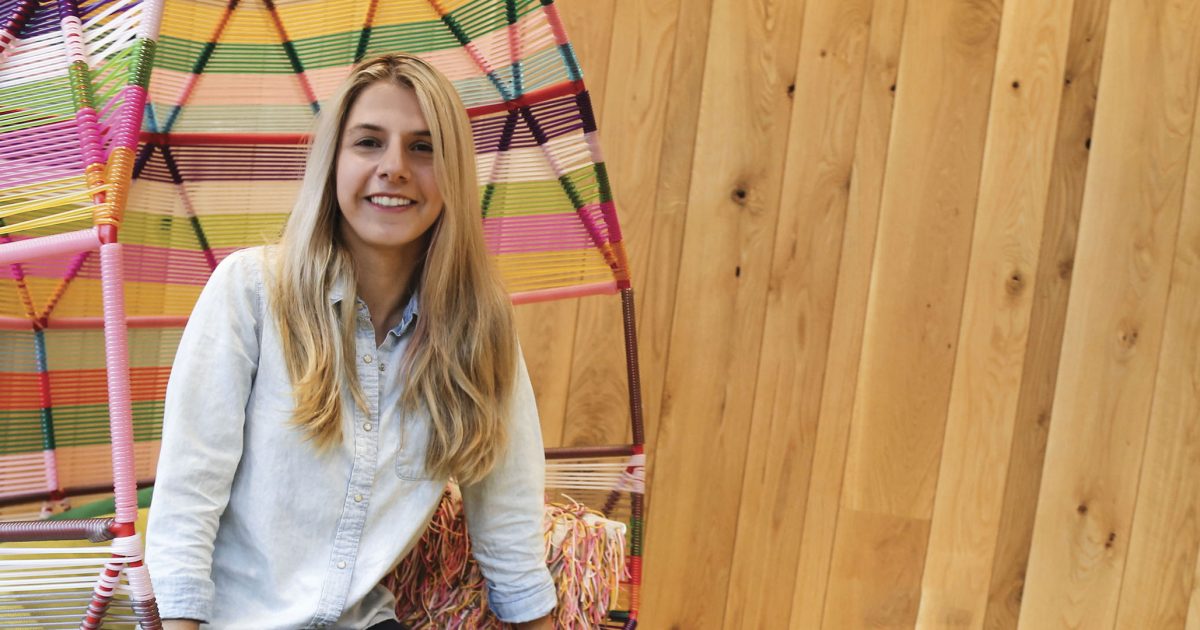
Now on the SQL Azure telemetry team, Margishvili is excited to head back to this year’s conference with more than 800 Microsoft colleagues. They include other recent grads hired through the event, HoloLens software engineers who mentor young women and others who are eager to share, learn and be inspired.
The Grace Hopper Celebration of Women in Computing event is the world’s largest gathering of women in technology. Its 12,000 attendees can learn how to lead their teams into cloud computing, hear female astronauts talk about NASA data innovation and explore many other topics at the sold-out event, which begins Wednesday in Houston.
“The conference is a platform to help bring talented women to Microsoft, as well as support the professional development of employees who attend,” says Karen Smith, Microsoft Global Diversity & Inclusion outreach manager. “It also allows us to show our support for growing the representation of technical women at Microsoft and in the industry.”
Attending for the first time this year are Joan Chao and Lauren Bissett, two software engineers who recently got to show off Microsoft HoloLens to nearly 30 high school girls at a Holographic Academy developer education session on the company’s Redmond, Wash., campus.
Chao says the participants — from DigiGirlz, a Microsoft YouthSpark program that helps girls and young women learn about careers in technology — were thrilled with the rare opportunity to try out HoloLens, something she and Bissett get to work with daily.
“We spend all of our time working on it as developers. It was the first time I got to present it to outside people,” she says, “and they were really wowed by it.”
But Chao, one of only about 12 female computer science majors in her graduating class a few years ago, was just as excited to see that bright spark of inspiration — to overhear the delighted students’ growing enthusiasm for studying computer science themselves.
“I know firsthand it can be a very tough gauntlet to go through, so I was really happy to see a lot of girls interested in it,” she says.
https://www.youtube.com/watch?v=M2-SiXp_q-g&feature=youtu.be
Bissett loved seeing the huge smiles of the Holographic Academy participants, who learned how to leverage Visual Studio and Unity to develop a holographic origami scene, as well as the chance to help inspire young women who are considering technology careers.
Her own discomfort in being the lone woman in her college classes actually made her switch majors at one point, though her love of computers brought her back to computer science. She now wants young women in that situation to know “it’s worth it, because today, I work with a lot of brilliant women at Microsoft.”
She says the company’s huge presence at Grace Hopper “shows Microsoft really cares about promoting not just women but diversity in general. I know that’s a huge buzzword, but it’s true. I work with great people of all backgrounds.”
Margishvili says the conference “is the reason why I’m at Microsoft.” She grew up in the Eastern European country of Georgia and came to the United States to study at Amherst College, where her love of solving puzzles evolved into an interest in computer science. But for her, too, the course of study meant classes filled with mostly guys, textbooks written by male authors and learning about innovators who were usually men.
She decided to join a few other Amherst students at Grace Hopper and found unforgettable inspiration as well as a promising career.
“It was just amazing to see so many confident and talented women who were so full of initiative and willing to go out of their way to find new opportunities,” she says. “The conference is very empowering. It sounds very cliché, but I realized there that I could do anything I wanted.”
She’s grateful the conference led her to Microsoft and says she feels included and appreciated each day in her job — a sense that “everyone takes me seriously and listens to what I have to say, and judges me based on what I am saying and doing, not based on my appearance or gender,” she says.
Moriah Baxevane-Connell, an associate consultant at Microsoft, also found her job — and an unexpected new direction for her career — through her first time attending Grace Hopper as a Temple University junior four years ago.
She was a math enthusiast; she thought calculus was the best class in high school. In her first semester at college, she had to take a course in programming in C++ and initially wasn’t even sure what that was. It quickly became her favorite class.
A professor encouraged her to consider pursuing a minor in IT, to go with her math major, and told her about Grace Hopper. She wrote an essay detailing her indecision about pursuing a career in IT, and the conference awarded her a scholarship to attend.
It had a powerful impact.
-
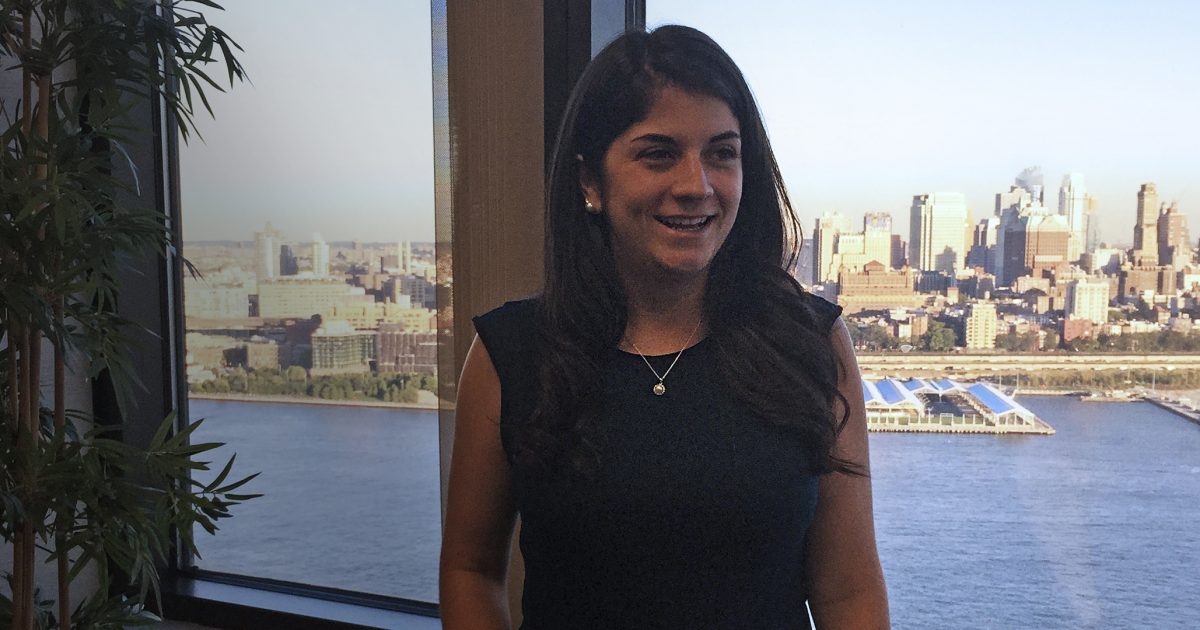
“It showed me a kind of sisterhood for females in tech, even though we’re so underrepresented,” Baxevane-Connell says. “You just get in this atmosphere and you feel like, ‘Yeah, we can do anything.’”
When she returned to school, she went directly to her advisor and said, “OK, I need to change my IT minor to a major.”
She also got to work with one of her professors on a small-scale research project that looked at the reasons there are far fewer women than men in technology. It involved sending out a survey to about 1,000 high school girls.
The results, she says, “were kind of what you’d expect: Young females think there’s a stereotype in IT. They don’t want to do IT because they think it sounds nerdy and hard, and there are mostly boys in the classes.”
Baxevane-Connell and her professor presented the work to Grace Hopper attendees the following year. It struck a chord with many people and prompted much discussion about the challenges of encouraging young women to pursue career paths often dominated by men.
That same year, Baxevane-Connell visited the Microsoft career booth at the conference, despite her own doubts she could land a job there. She got a phone interview for a programming role, but it didn’t go very well, she says. She thinks she bumbled a technical question; it just didn’t seem like a good fit.
But a month later, a recruiter emailed her about a consulting opportunity that required a mix of people skills and technical chops. As a double major in IT and psychology, she thought it sounded perfect.
She was thrilled to get the job and joined Microsoft in 2013. She’s now one of the organizers of Microsoft’s portion of the Grace Hopper conference’s lively Friday night party. She’s attended the conference nearly every year since her first, watching the conference expand every year.
“To be at a company that is a sponsor of the conference and has helped it grow so much — it just makes me so happy and so proud to work here,” she says. “Every year, we make it bigger and better.”

